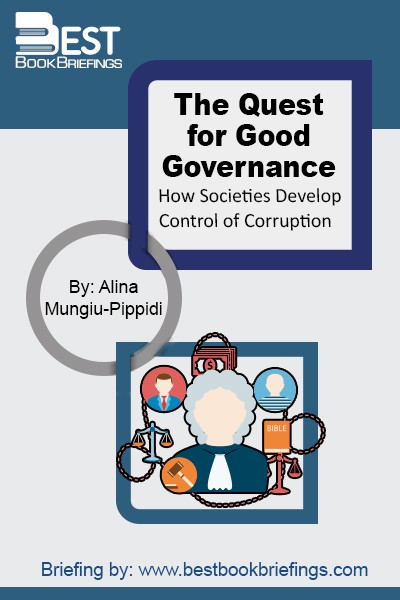The Quest for Good Governance
How Societies Develop Control of Corruption
Number of pages: 314
Publisher: Cambridge University Press
BBB Library: Politics and Public Affairs
ISBN: 978-1107534575
Editorial Review
Why do some societies manage to control corruption so that it manifests itself only occasionally, while other societies remain systemically corrupt? This book is about how societies reach that point when integrity becomes the norm and corruption the exception in regard to how public affairs are run and public resources are allocated. It primarily asks what lessons we have learned from historical and contemporary experiences in developing corruption control, which can aid policy-makers and civil societies in steering and expediting this process. Few states now remain without either an anticorruption agency or an Ombudsman, yet no statistical evidence can be found that they actually induce progress. Using both historical and contemporary studies and easy to understand statistics, Alina Mungiu-Pippidi looks at how to diagnose, measure and change governance so that those entrusted with power and authority manage to defend public resources.
Book Reviews
Books on Related Topics
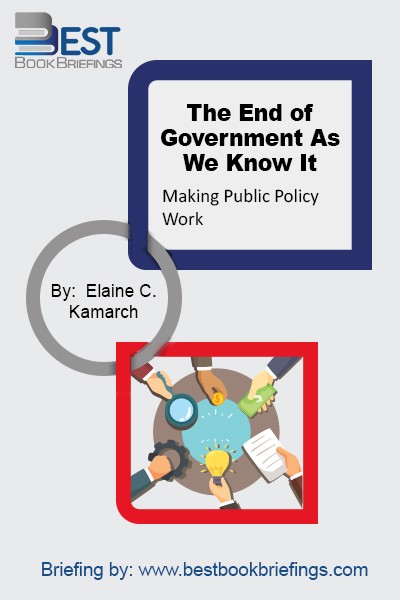
The End of Government examines how bureaucracy can be updated to deal with the quickly evolving demands of the twenty first century, and also uses real-world examples to help us understand how new alternatives can best be applied.

The world is blowing up. Every day a new blaze seems to ignite: the bloody implosion of Iraq and Syria, the East-West standoff in Ukraine; abducted schoolgirls in northern Nigeria. Is there some thread tying these frightening international security crises together? In a riveting account that weaves history with fast-moving reportage
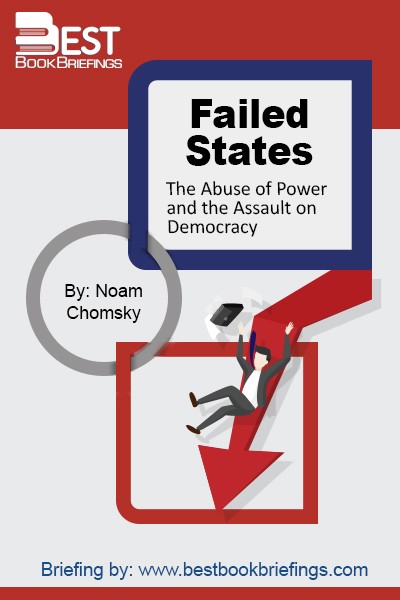
The United States has repeatedly asserted its right to intervene militarily against failed states around the globe. In this much-anticipated follow-up to his international bestseller Hegemony or Survival, Noam Chomsky turns the tables, showing how the United States itself shares features with other failed states-suffering from a severe democratic deficit, eschewing

Soft power is much cheaper than the hard power of military force. All too often, military force seems to fail as an instrument of policy and, as a consequence, it invites the view that it is becoming obsolescent and even anachronistic. Dr. Colin Gray subjects hard and soft power to close
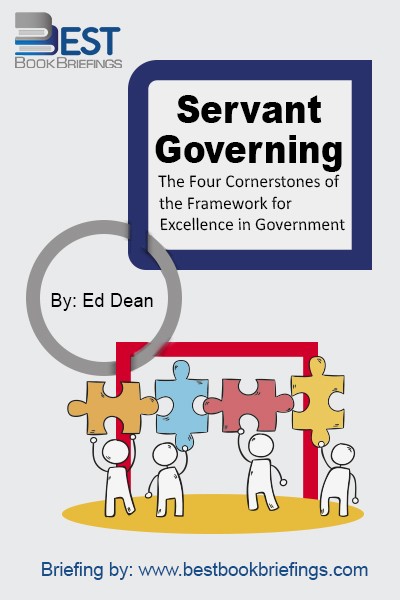
At the Harvard University John F. Kennedy School of Government, students are taught to ask Question “Zero” when considering a new policy, issue or initiative. Question “Zero” is, “What are we trying to accomplish?” What, then, is Servant Governing written to accomplish? The simple answer is that there is a way
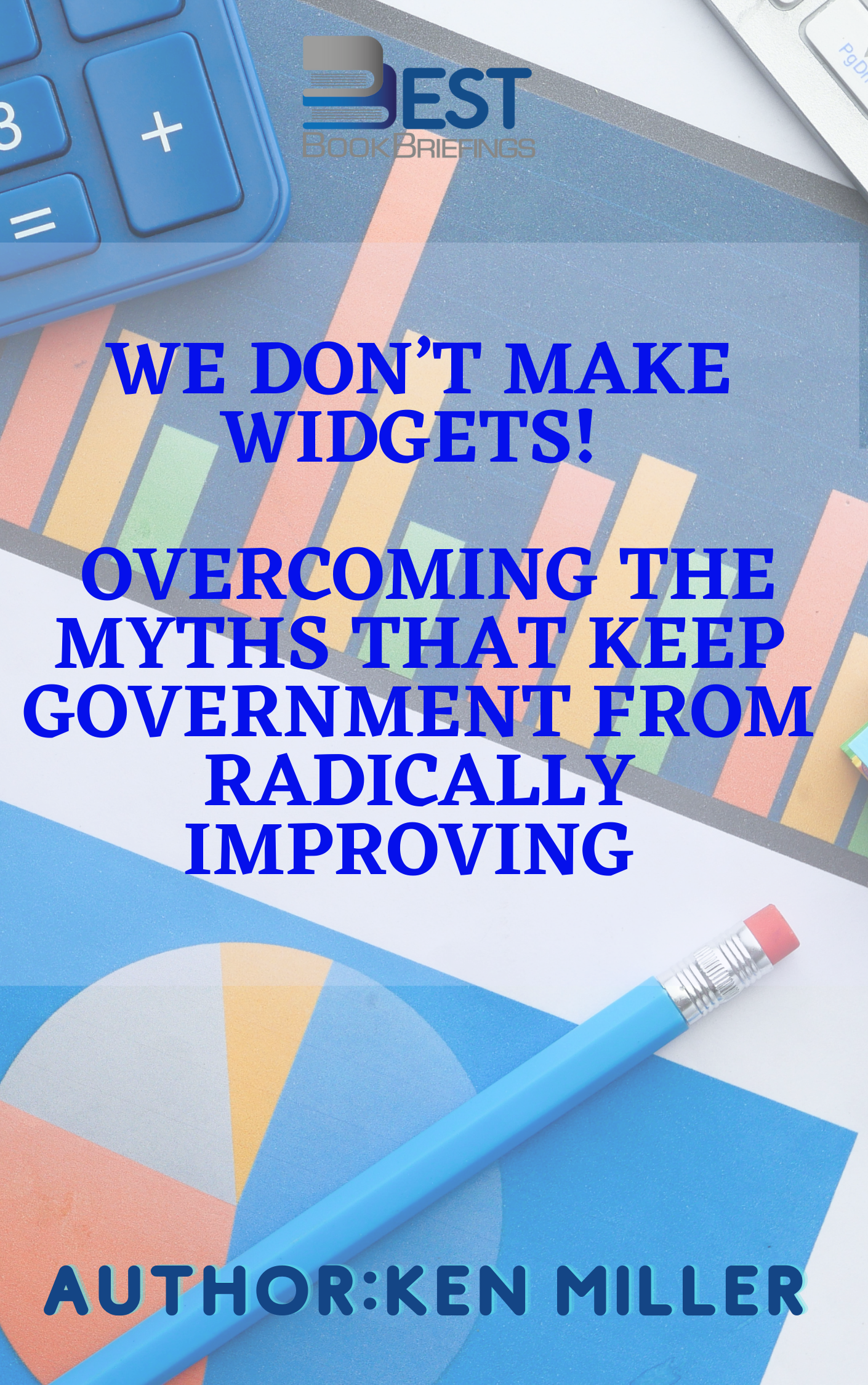
What we believe about government—that we don’t make widgets, that we don’t have customers, and that we’re not here to make a profit—all feed the bigger myth: that we’re different. We Don’t Make Widgets explodes the myths that prevent dramatic improvement in government operations. The aim of this book is to
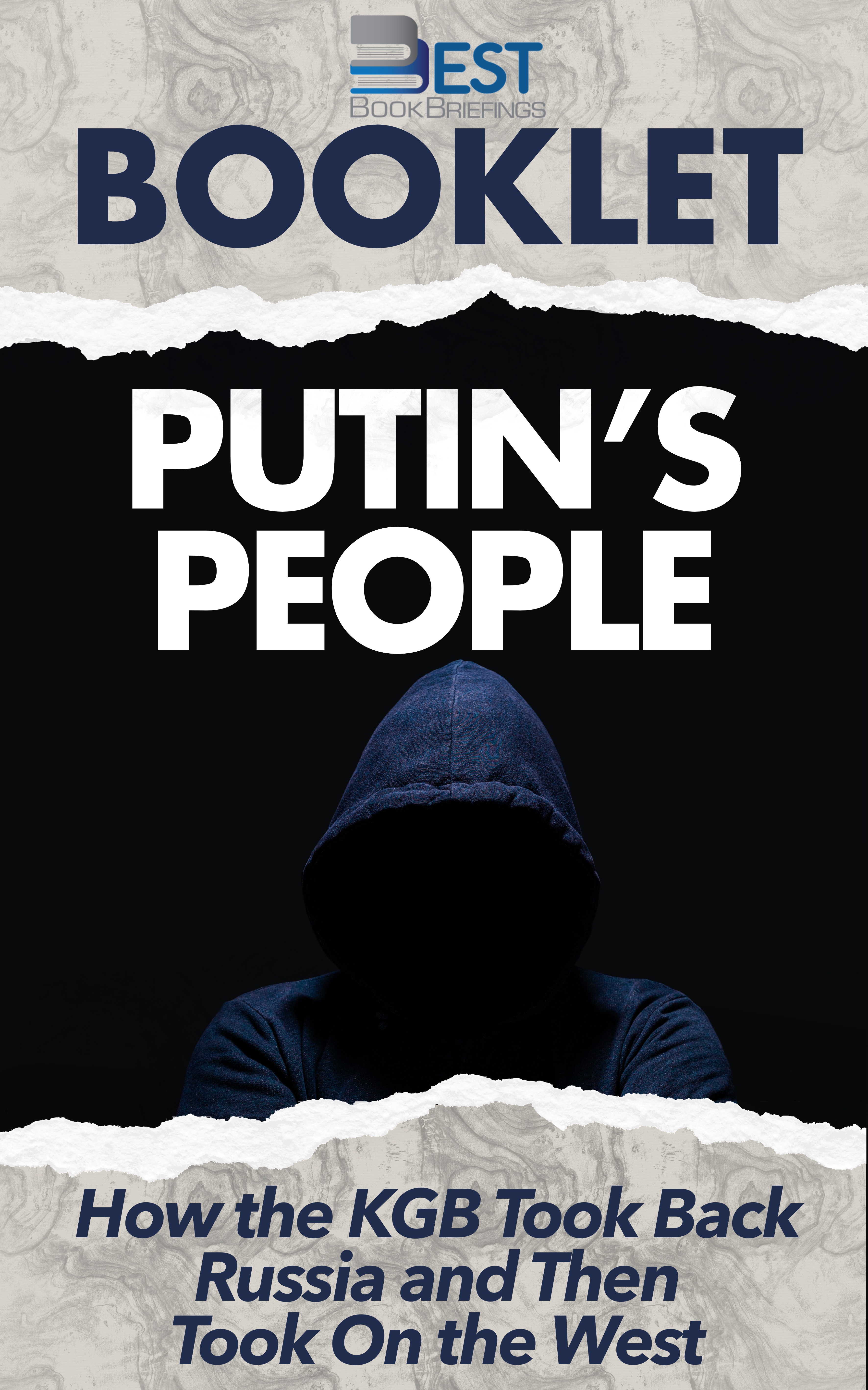
Delving deep into the workings of Putin’s Kremlin, Belton accesses key inside players to reveal how Putin replaced the freewheeling tycoons of the Yeltsin era with a new generation of loyal oligarchs, who in turn subverted Russia’s economy and legal system and extended the Kremlin's reach into the United States and

